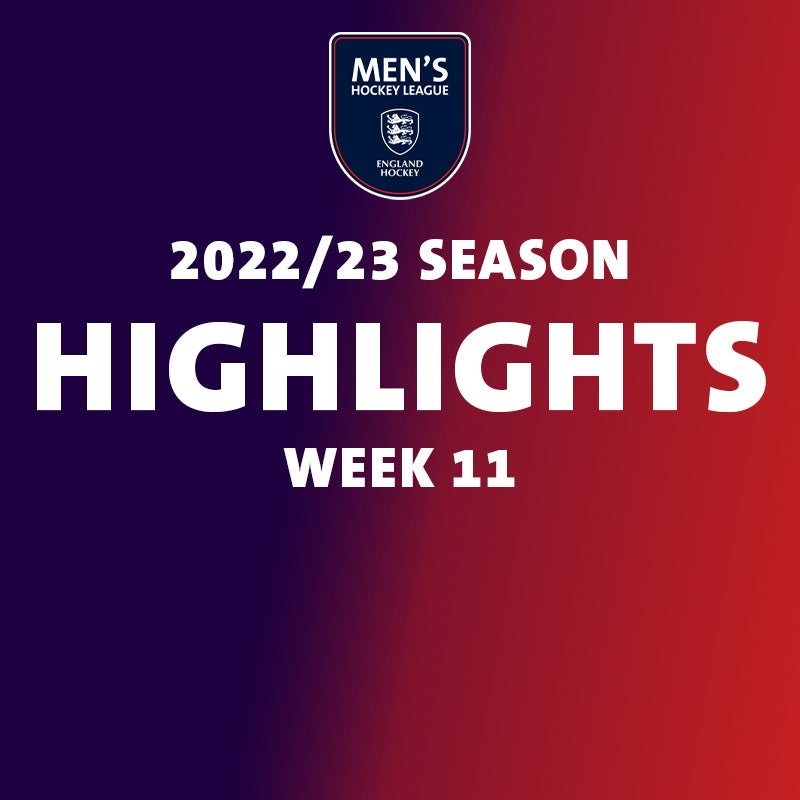
- Select a language for the TTS:
- UK English Female
- UK English Male
- US English Female
- US English Male
- Australian Female
- Australian Male
- Language selected: (auto detect) - EN
Play all audios:
_SECURITIES AND EXCHANGE COMMISSION V. JARKESY,_ NO. 22-859, 34 F.4TH 446 (5TH CIR. 2022), _cert. granted,_ 2023 WL 4278448 (2023). Oral argument not yet scheduled. ISSUE: _Whether the
statutory scheme that empowers the Securities and Exchange Commission to enforce the nation’s securities laws violates the Seventh Amendment, the nondelegation doctrine, or __ARTICLE II OF
THE U.S. CONSTITUTION__._ The SEC is an independent federal agency that aims to protect investors; maintain fair, orderly, and efficient markets; and facilitate capital formation. The SEC
enforces securities laws such as the Securities Exchange Act of 1933, the Investment Company Act of 1940, and the Sarbanes-Oxley Act of 2002. Following the 2008 financial crisis, Congress
passed the DODD-FRANK WALL STREET REFORM AND CONSUMER PROTECTION ACT (“Dodd-Frank”) to make the U.S. financial system safer for consumers and taxpayers. Dodd-Frank expanded the SEC’s
authority to enforce securities laws by allowing the agency to bring securities fraud actions and pursue civil penalties against non-regulated entities and individuals not only in federal
courts, as before, but also in the agency’s administrative tribunals. _SEE JARKESY V. SEC. & EXCH. COMM’N_, 34 F.4TH 446, 461 (5TH CIR. 2022) (citing 15 U.S.C. § 78U-2(A)). Respondent
George Jarkesy established two hedge funds that brought in over 100 investors and held about $24 million in assets. _Jarkesy_, 34 F.4th_ _at 450. Jarkesy selected Patriot28, also a
respondent in the case, as the investment adviser. _Id._ The SEC brought a securities fraud action against Jarkesy and Patriot28 for misrepresenting who served as the funds’ prime broker and
as the auditor, misrepresenting the funds’ investment parameters and safeguards, and overvaluing the funds’ assets in order to increase fees to investors. _Id._ Respondents then brought an
action in the U.S. District Court for the District of Columbia to enjoin the agency proceedings, alleging that conducting the proceedings in an administrative forum infringed upon their
constitutional rights. _ Jarkesy_, 34 F.4th at 450. The district court denied respondents’ request for an injunction, and the D.C. Circuit affirmed. _Id. _(citing _JARKESY V. SEC_, 48 F.
SUPP. 3D 32, 40 (D.D.C. 2014), _aff’d_, 803 F.3D 9, 12 (D.C. CIR. 2015)). Following an evidentiary hearing, an administrative law judge (ALJ) of the SEC held that respondents committed
securities fraud, and the SEC affirmed the ALJ’s decision upon review. _Id._ Respondents then appealed the judgment to the U.S. Court of Appeals for the Fifth Circuit. _Jarkesy_, 34 F.4th
446. A divided panel ruled in their favor, vacating the decision of the SEC and remanding for further proceedings._ Id. _at 466. The Fifth Circuit held that the SEC’s conduct in this matter
violated the Constitution on numerous counts, including that it denied respondents their fundamental right to a jury trial under the Seventh Amendment by bringing the case in the
administrative forum rather than an Article III court; that the Dodd-Frank Act infringes upon the delegation clause of the Constitution by impermissibly delegating exclusive legislative
power to the SEC and by failing to provide an intelligible principle that would ensure that the SEC exercises only executive power; and, finally, that the law violates the take care clause
of Article II by excessively restricting the President’s power to remove ALJs. _Id_. at 455, 457, 463. The Supreme Court is now set to resolve the constitutional issues implicated in this
case. WHAT’S AT STAKE The SEC plays a significant role in safeguarding older adults from FINANCIAL EXPLOITATION by combatting securities fraud. Under the authority granted to it by statutes
such as the Securities Exchange Act of 1934 and the Dodd-Frank Act, the SEC uses its enforcement power to PROSECUTE INVESTMENT SCAMS that prey on senior investors. If the Supreme Court
affirms the Fifth Circuit’s decision, it will significantly undercut the SEC’s ability to hold entities that commit securities fraud accountable. Meryl D. Grenadier [email protected] VIEW
THE FULL SUPREME COURT PREVIEW








